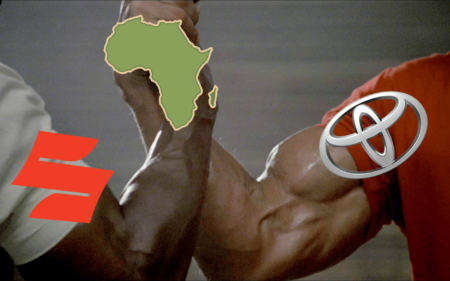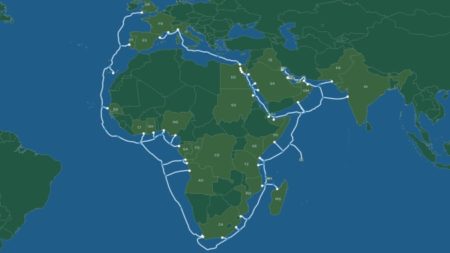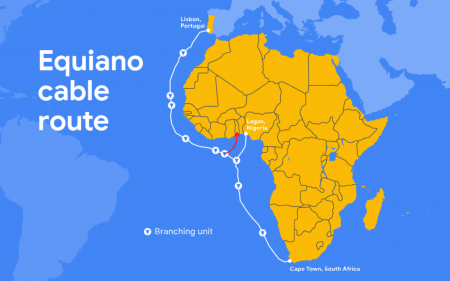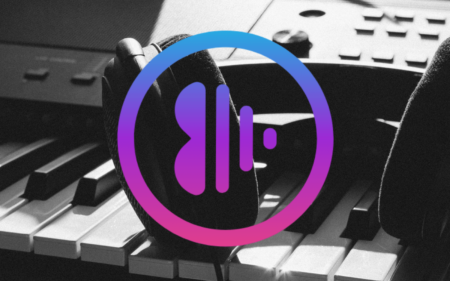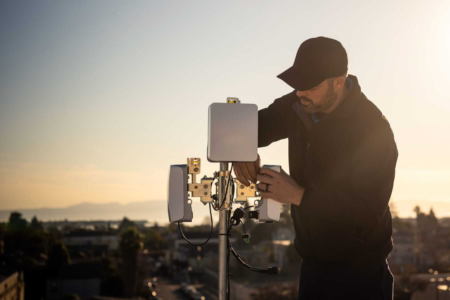Suzuki and Toyota have a new hybrid vehicle destined for Africa shortly, as well as other locations around the world.…
Browsing: Africa
Co-founder and CEO Katlego Maphai launched Yoco with three friends in October 2015. From a year-long beta with 500 merchants, they are…
Max Cuvellier’s not-insubstantial day job is head of mobile for development of the GSMA. But that’s not what he’s talking…
Stuff’s Toby Shapshak chats with Africa’s Netflix director Ben Amadasun “Since 2016, we’ve invested more than R2 billion into the…
Google’s Equiano internet cable, first announced in 2019, has made landfall in its very first African country. Though the cable…
Cape Town founded Clickatell, has secured $91 million, about R1,4 billion, to further the development of its chat commerce services.…
Everybody is trying to be the next Spotify. Not everybody does it all that well. An outfit that seems to…
Meta will switch off its Express WiFi project this year, the company announced last week. Originally launched in 2016, the…
South African space science had a big day on 13 January 2022. The Cape Peninsula University of Technology, based in…
In a Series A extension funding bout, Carry1st, one of Africa’s leading mobile game publishers, raised a total of $20…

